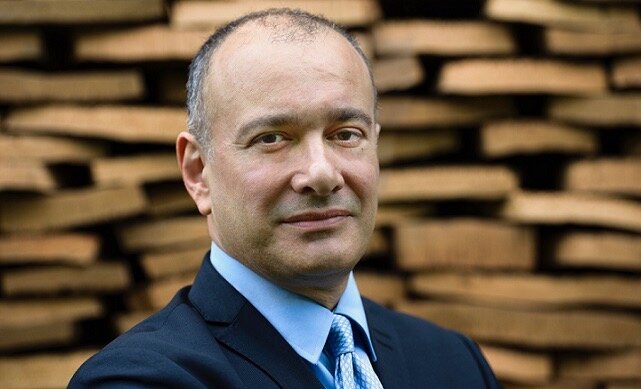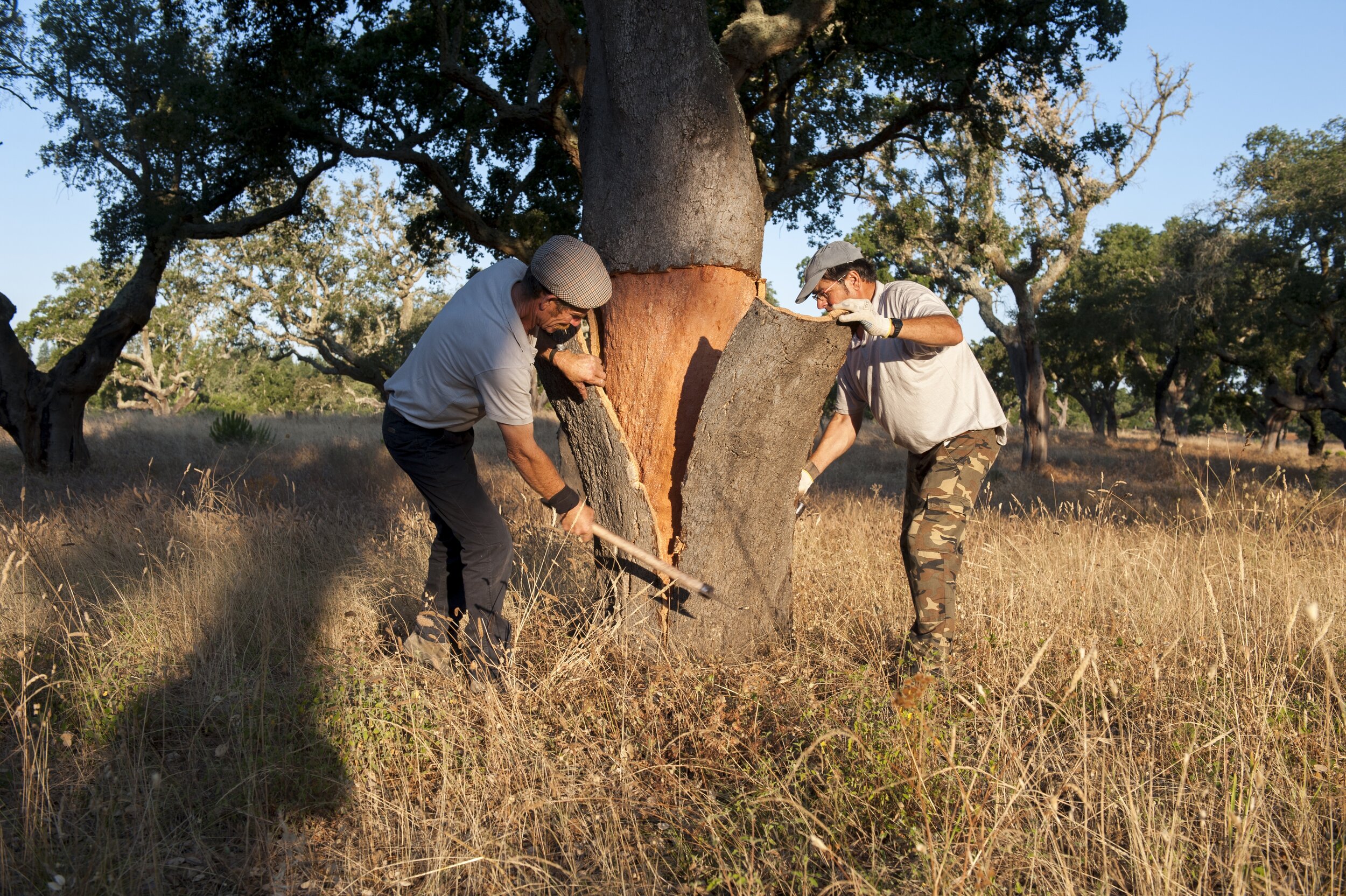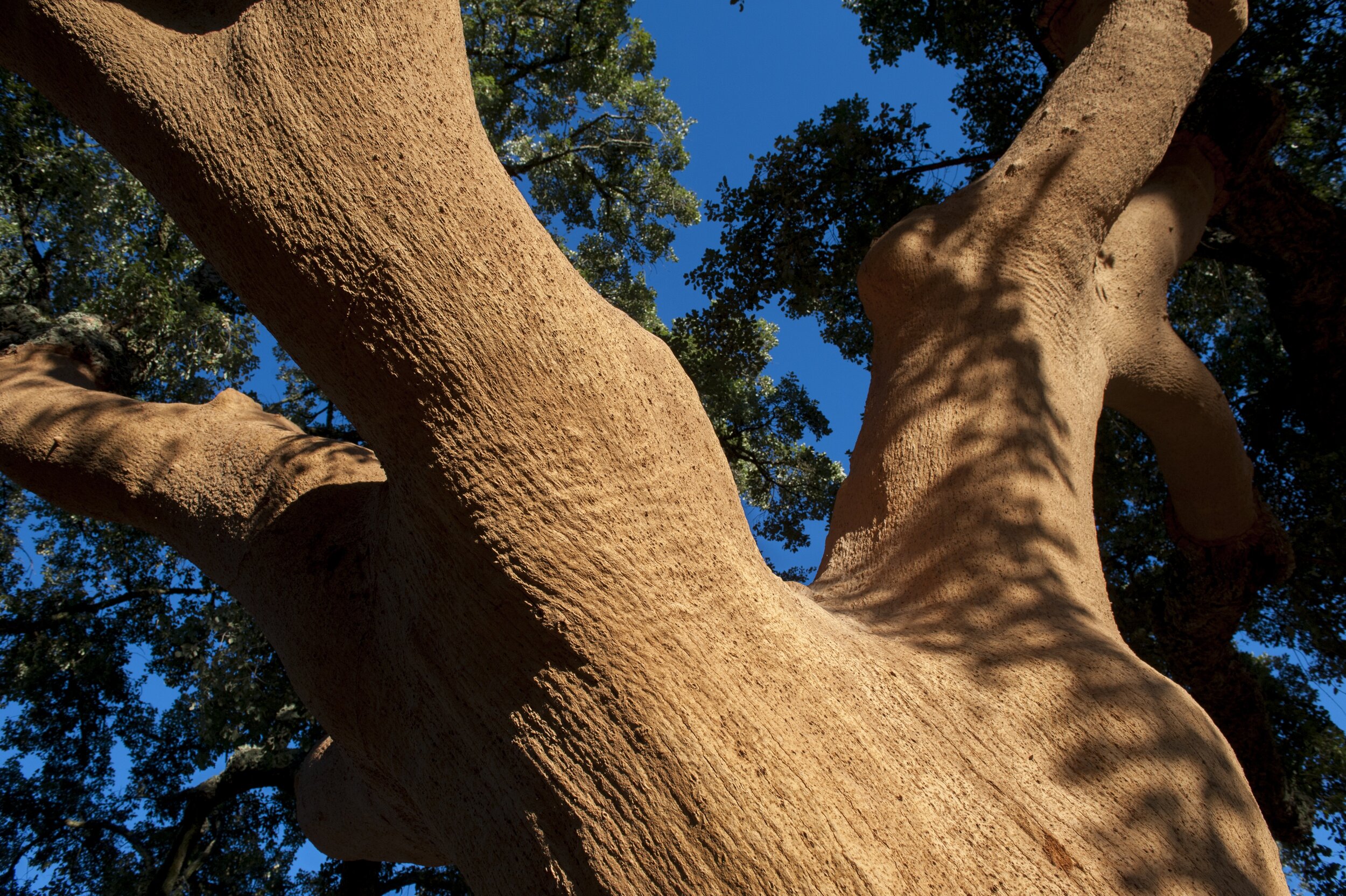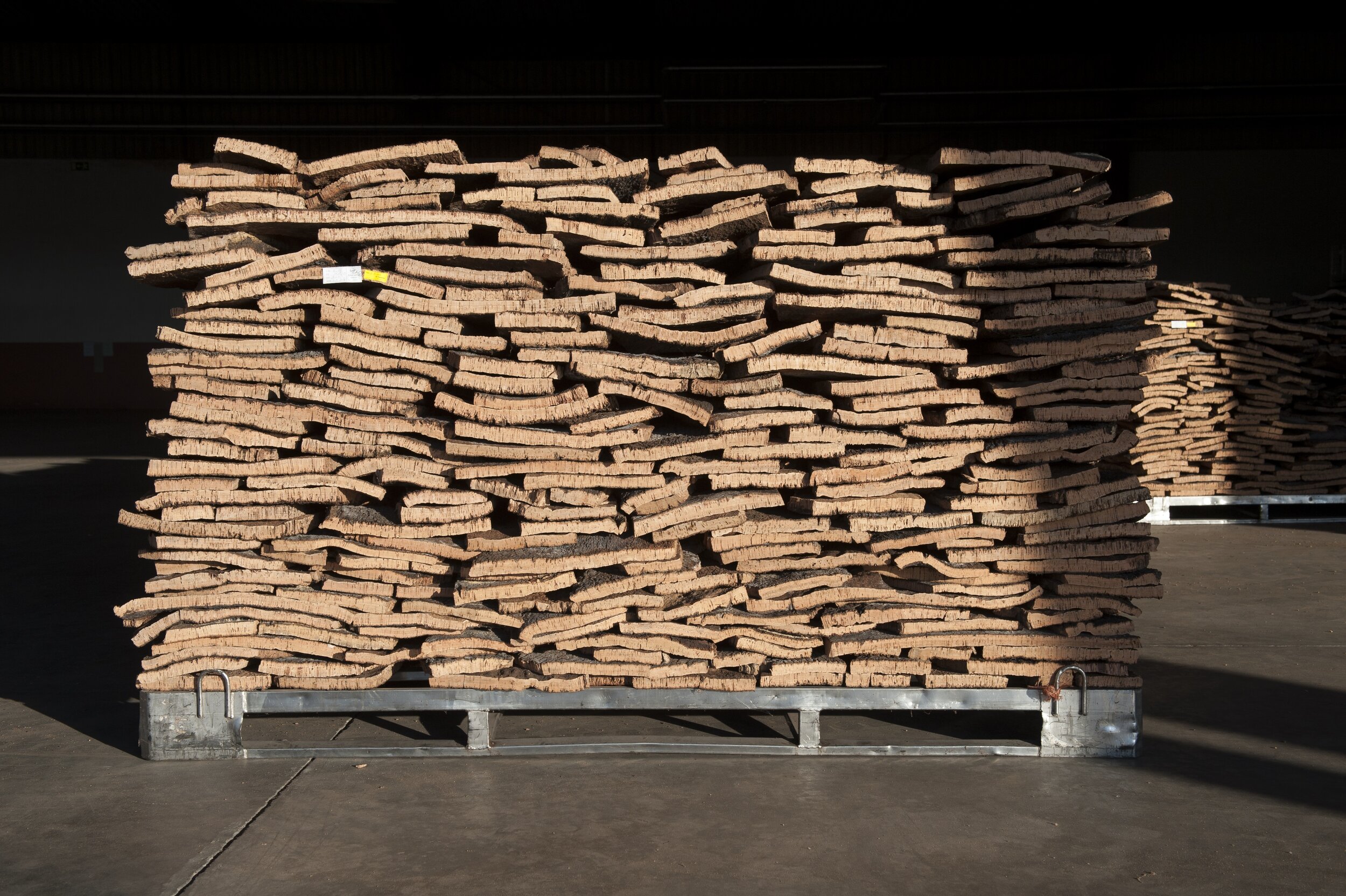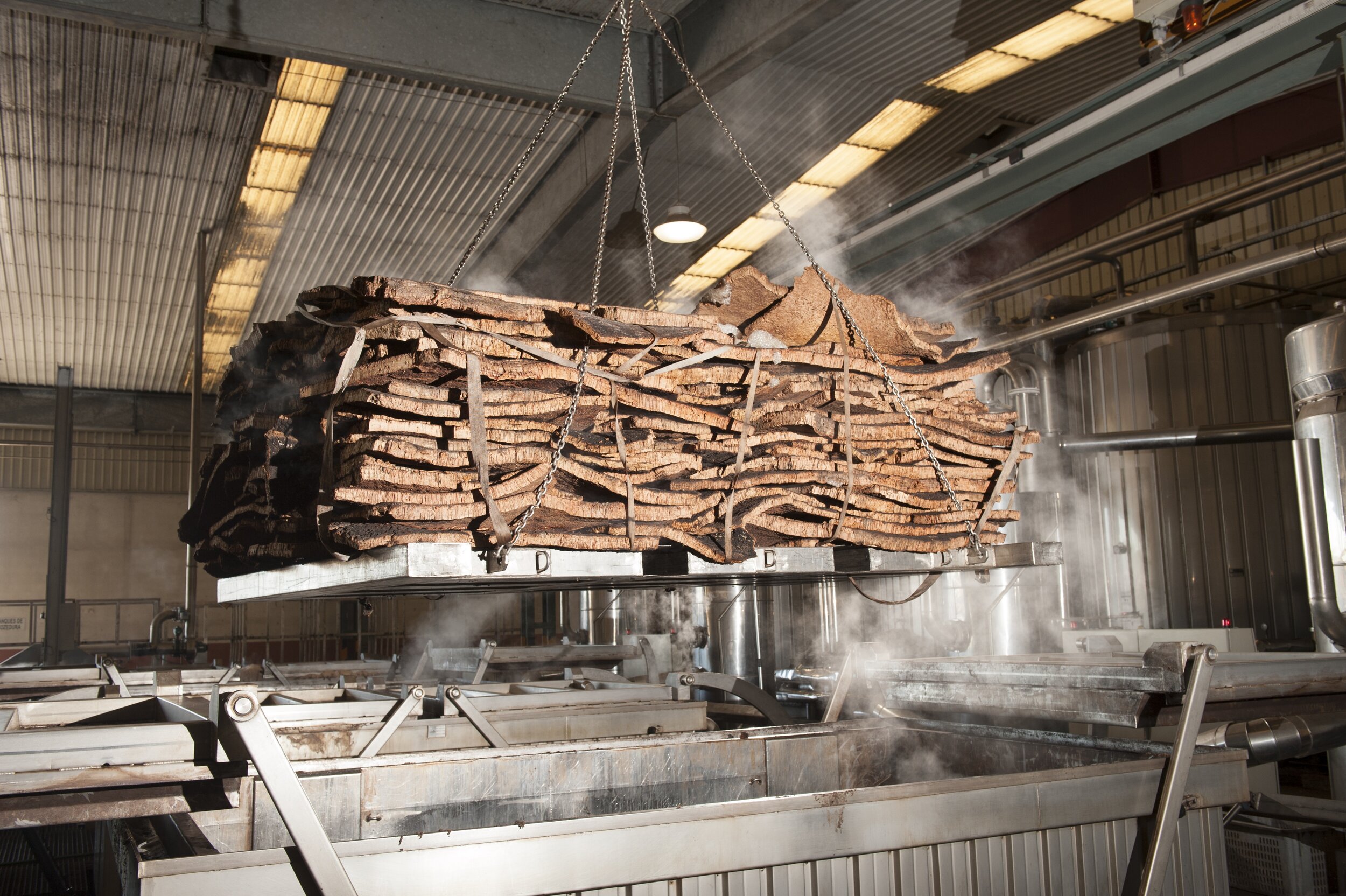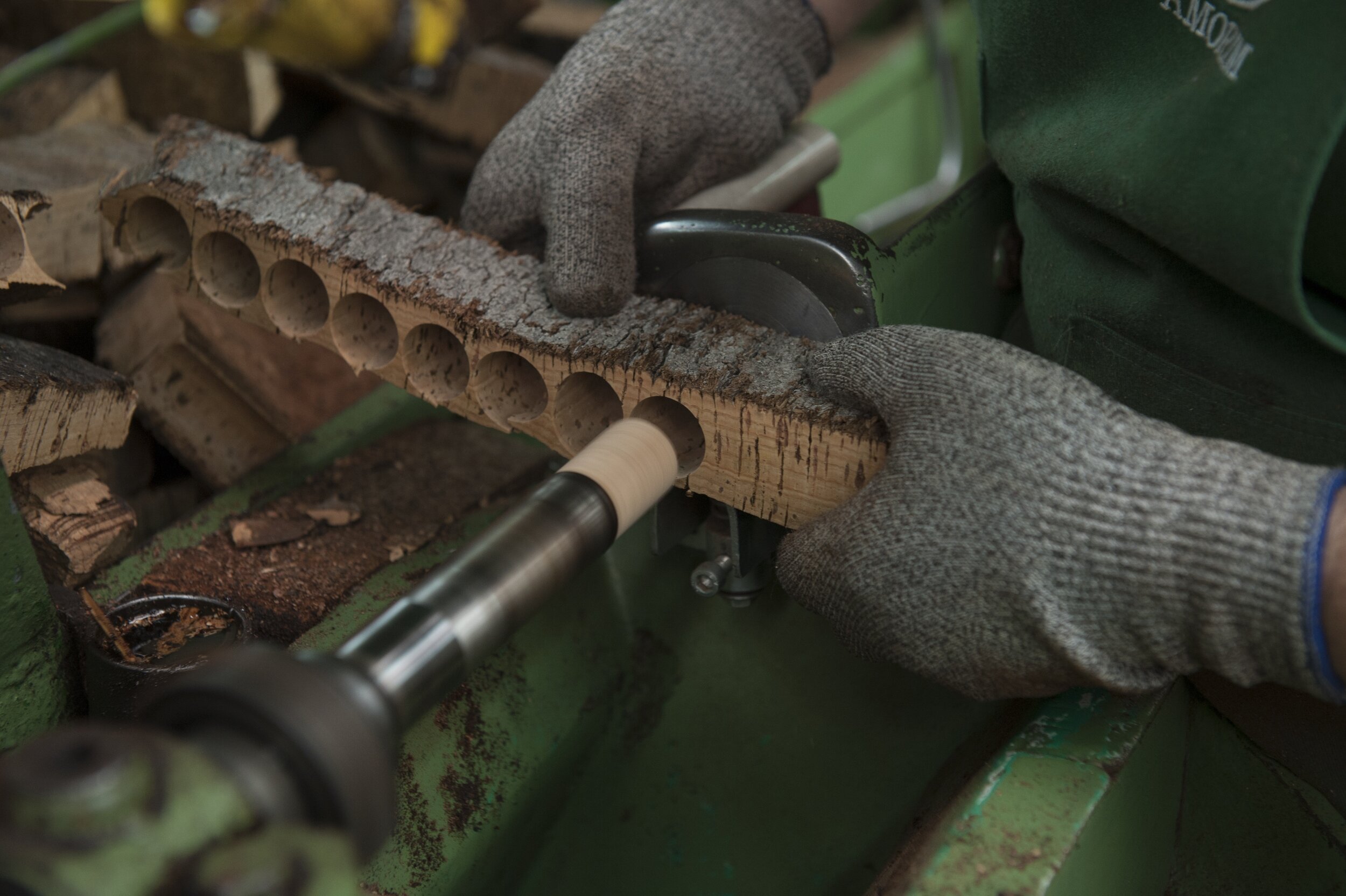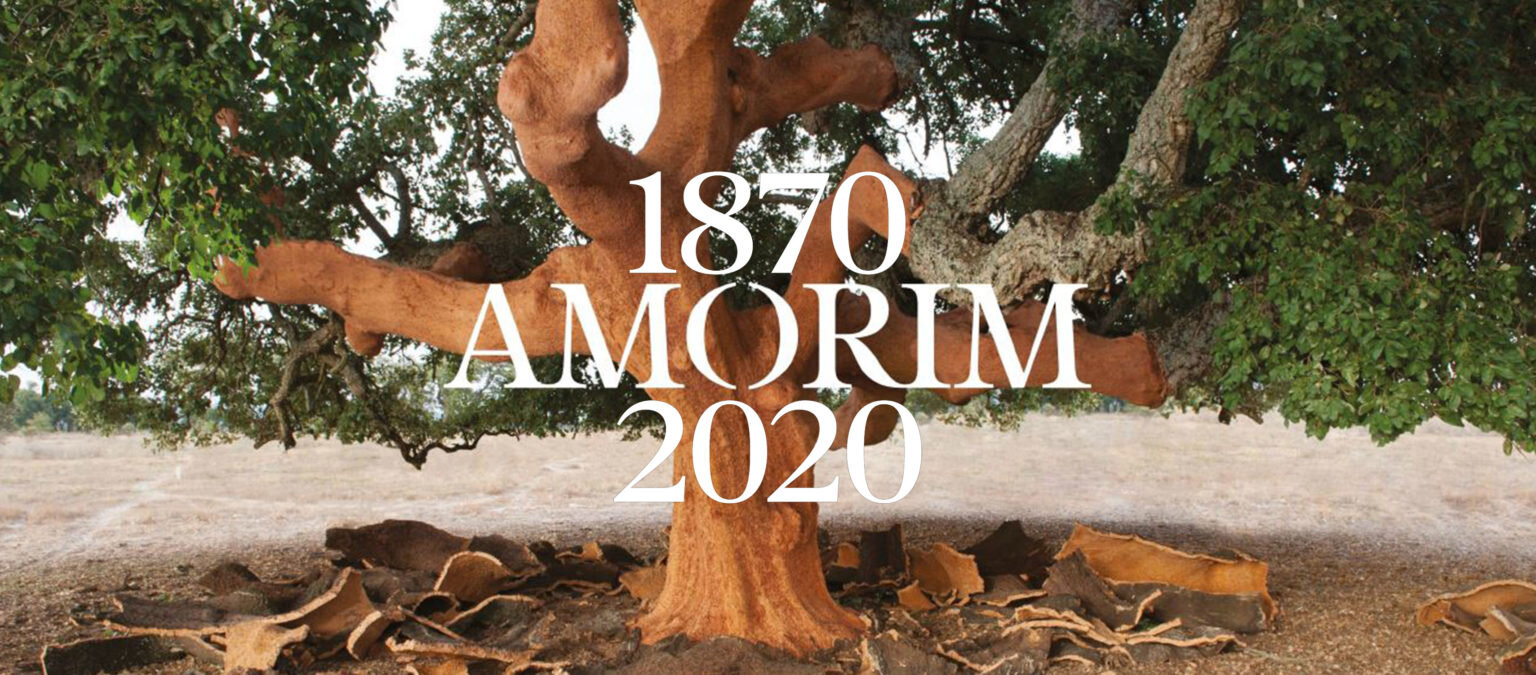Carlos de Jesus with Amorim Cork
Amorim Cork began as a family business in 1870 selling stoppers to the port wine industry. On its 150th anniversary this year, it is still a family business headquartered in Portugal, but now services nearly 20,000 wineries on five continents. Amorim is the largest cork producer in the world, with 70% of its business in wine stoppers and 30% in other business ventures from fashion to flooring to aerospace. Cork is one of the most versatile products on the planet, and has been the wine bottle stopper of choice for several centuries. It’s easy to see why when one thinks of cork’s structure. There are 800 million air pocket cells in a single wine cork, giving it the lightness, compressibility, elasticity and sponginess for making an effective seal. Cork has been so revered in Portugal that the oak tree from which it comes is legally protected, and has been so since the 13th century. The trees typically grow for 200 years or more, and are harvested by hand for their bark every 9 years, once they reach a certain age.
In this interview, Lines on Wines talks with Amorim’s Director of Marketing and Communications, Carlos de Jesus. We explore the uniqueness and versatility of cork, but also some of its challenges, particularly impurities such as TCA, a main culprit of cork taint. Amorim has developed a long list of strategies for preventing and eliminating TCA to guarantee that 99.6% of its corks are free of detectable TCA. They have also recently developed a Helix cork stopper with a threaded finish, so it can be twisted into and out of a bottle without a cork screw, making it as convenient to open as a screw cap. Listen to this interview to learn much more about the uniqueness of cork, the myth about it “breathing”, comparisons between cork and other closures, and the myriad of ways cork and cork forests contribute to economic, social and environmental sustainability.
Listen to the Interview:
